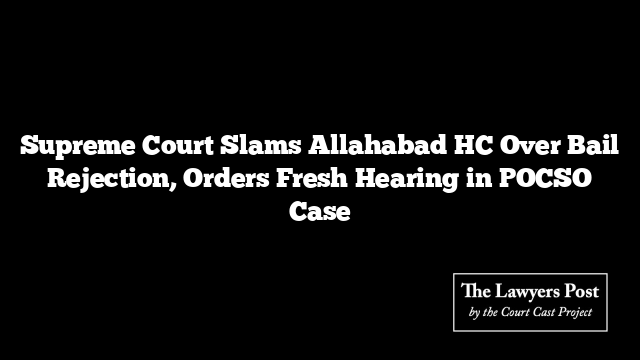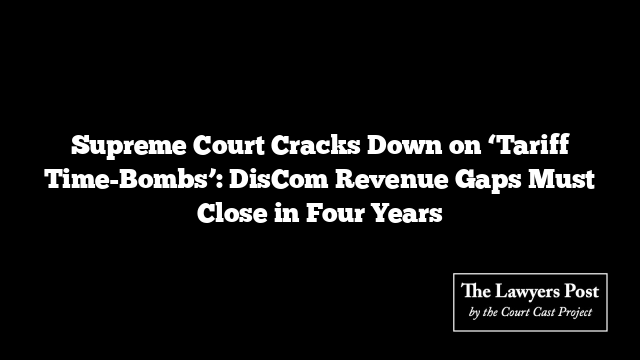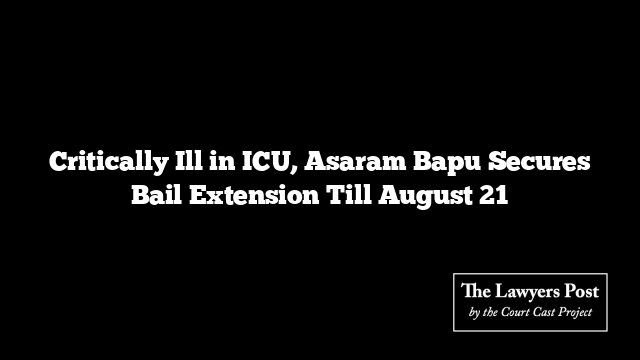The Supreme Court has once again voiced its disapproval over a decision from the Allahabad High Court—this time in a case under the POCSO Act—calling the order legally flawed and contrary to well-settled principles.
“This is yet another order from the High Court of Judicature at Allahabad with which we are disappointed,” remarked Justices JB Pardiwala and R Mahadevan, making clear their frustration with repeated lapses. The same bench had recently taken the rare step of directing that a High Court judge be barred from hearing criminal matters after an earlier controversial ruling.
The present case involved Aasif alias Pasha, convicted by a special court in Meerut for offences under the POCSO Act, the SC/ST (Prevention of Atrocities) Act, and multiple IPC provisions. He was handed a four-year rigorous imprisonment term, with all sentences running concurrently.
Challenging the conviction before the High Court, Pasha sought suspension of his sentence under Section 389 CrPC while his appeal was pending. On May 29, the High Court refused, offering no more than a cursory observation that no sufficient ground existed for bail during appeal.
The Supreme Court found this reasoning unacceptable. It reminded the High Court of its own 1999 precedent in Bhagwan Rama Shinde Gosai v. State of Gujarat, which mandates that in fixed-term sentences—not life imprisonment—suspension should generally be granted unless exceptional circumstances exist.
The bench warned that mechanically denying suspension, especially when appeals cannot be heard quickly, risks rendering the appellate process meaningless. “If four years are to elapse in jail, the appeal would become infructuous—a travesty of justice,” it observed.
Crucially, the Court faulted the High Court for rehashing the prosecution’s case in detail at the suspension stage, instead of focusing on whether the sentence should be stayed pending appeal. “That is not the correct approach,” the bench emphasised.
Acknowledging that caution is warranted in grave offences like murder, the Supreme Court noted this matter was different because of the fixed sentence. It set aside the High Court’s order, sending the case back for a fresh hearing to be completed within 15 days.
In a pointed closing note, the Court remarked that such errors keep recurring “only because well-settled legal principles are not applied correctly” at the High Court level.





